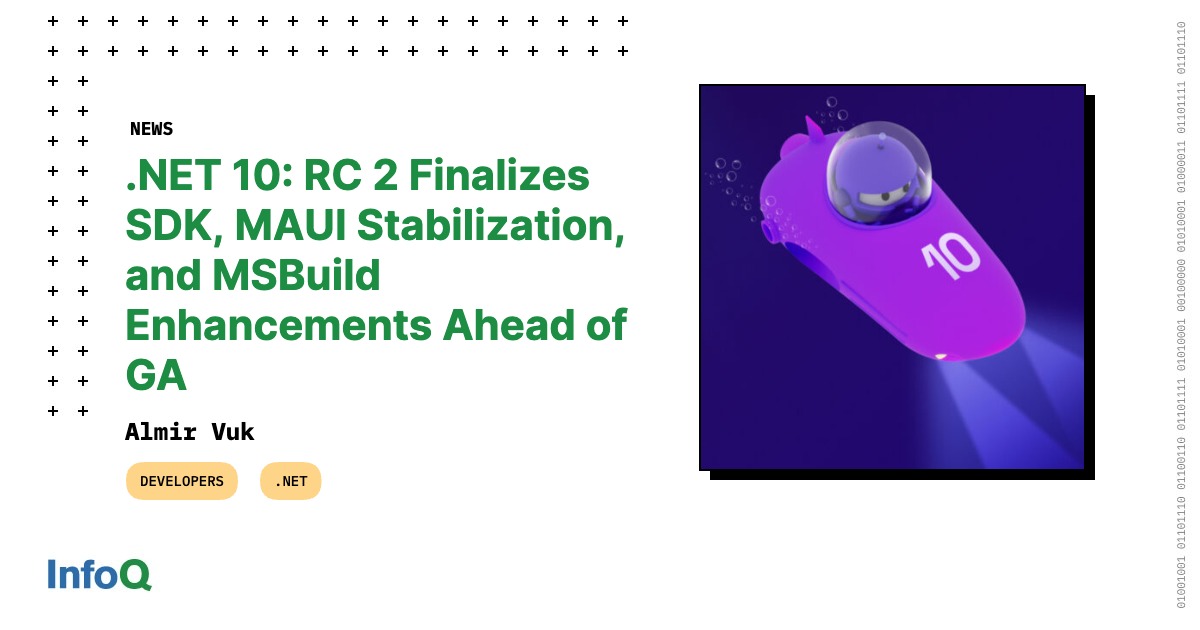Codetown
Codetown ::: a software developer's community
OrlandoJUG ::: Reactive Spring
Join us for a Reactive Spring talk featuring Miguel Mendez.
Miguel Mendez is a software engineer from Orlando Florida. He currently works for FlexEnage as a Lead Developer.
With more than 20 years of experience in the business he is passionate about web technologies, user experience and distributed systems.
As a Domain Driven Design practitioner he believes in the importance of understanding the core domain in order to build useful software.
Reactive programming has been getting lots of attention lately, Projects like Reactive Extensions (Rx) library in the .NET, RxJS, RXJava, and lately Project Reactor have brought Reactive programming into the main scene. Reactive programming is basically programming with asynchronous data streams.
Spring 5 (first milestone June 2016) has reactive features built into it, including tools for building HTTP servers and clients.
We will see a very familiar programming model using annotations to decorate controller methods to handle HTTP requests, for the most part handing off the dispatching of reactive requests and back pressure concerns to the framework. We will also take a look at a more functional way of building web applications on Spring.
Tags:
Replies to This Discussion
-
Permalink Reply by Michael Levin on July 26, 2019 at 6:17am
-
Notes
Welcome to Codetown!
 Codetown is a social network. It's got blogs, forums, groups, personal pages and more! You might think of Codetown as a funky camper van with lots of compartments for your stuff and a great multimedia system, too! Best of all, Codetown has room for all of your friends.
Codetown is a social network. It's got blogs, forums, groups, personal pages and more! You might think of Codetown as a funky camper van with lots of compartments for your stuff and a great multimedia system, too! Best of all, Codetown has room for all of your friends.
Created by Michael Levin Dec 18, 2008 at 6:56pm. Last updated by Michael Levin May 4, 2018.
Looking for Jobs or Staff?
Check out the Codetown Jobs group.
InfoQ Reading List
Pixnapping: Side-Channel Vulnerability Allows Android Apps to Capture Sensitive Screen Data

A newly discovered class of attacks targets Android devices, allowing malicious apps to steal on-screen information from other apps using a technique known as pixel stealing. Dubbed Pixnapping, the attack leverages previously known side-channel vulnerabilities and affects virtually all apps, including Signal, Google Authenticator, Venmo, and many others.
By Sergio De Simone.NET 10 Release Candidate 2: Finalizes SDK, MAUI Stabilization, and MSBuild Enhancements Ahead of GA

Microsoft has released .NET 10 Release Candidate 2, the final pre-release build before general availability. As reported by the .NET team, RC 2 ships with a go-live support license, enabling production deployment while allowing developers to validate the platform ahead of its official release. The build is supported in Visual Studio 2026 Insiders and Visual Studio Code with the C# Dev Kit.
By Almir VukDevGreenOps: How to Design Sustainable Digital Services

DevGreenOps, also known as DevSusOps, is an extension of the DevOps approach, in which environmental sustainability considerations are integrated into every step of the DevOps cycle, Jochen Joswig said in his talk at OOP Conference. Applying transparency, minimalism, efficiency, and awareness, helps us to design sustainable digital services.
By Ben LindersAWS Launches Amazon Quick Suite, an Agentic AI Workspace

AWS has launched Amazon Quick Suite, a new AI-powered workspace designed to connect company data, automate workflows, and perform actions across business applications.
By Daniel DominguezIBM Cloud Code Engine Serverless Fleets with GPUs for High-Performance AI and Parallel Computing

IBM Cloud Code Engine’s new Serverless Fleets revolutionizes how enterprises tackle compute-intensive tasks. Harnessing integrated GPU support, it simplifies the execution of large-scale workloads with a fully managed, pay-as-you-go model. This efficient platform eliminates operational complexities, enabling developers to focus on innovation while ensuring cost-effectiveness and scalability.
By Steef-Jan Wiggers
© 2025 Created by Michael Levin.
Powered by
![]()